If you thought New York’s legal weed rollout was already a trainwreck, buckle up—Governor Kathy Hochul wants to take us even further off the rails. Her latest bright idea? Making the mere smell of cannabis a “probable cause” for law enforcement searches. Yes, you read that right.
Just when we thought we were inching toward a rational, equity-driven cannabis policy, Hochul’s proposal drags us back into the bad old days of stop-and-frisk, racial profiling, and arbitrary police power.
Let’s break this down.
New York’s Cannabis Laws: A Mess of Hochul’s Own Making
New York legalized adult-use cannabis in 2021 with the promise of equity, economic opportunity, and ending the criminalization of communities of color—communities that were disproportionately targeted for cannabis-related offenses. But instead of fulfilling that promise, the state’s rollout has been a chaotic mix of bureaucratic incompetence, delayed dispensary openings, and a thriving illicit market that regulators seem powerless to control.
Now, rather than fixing those actual problems, Hochul wants to give police more power to harass citizens based on something as subjective as a scent.
And let’s be clear: this isn’t about safety. This is about control.
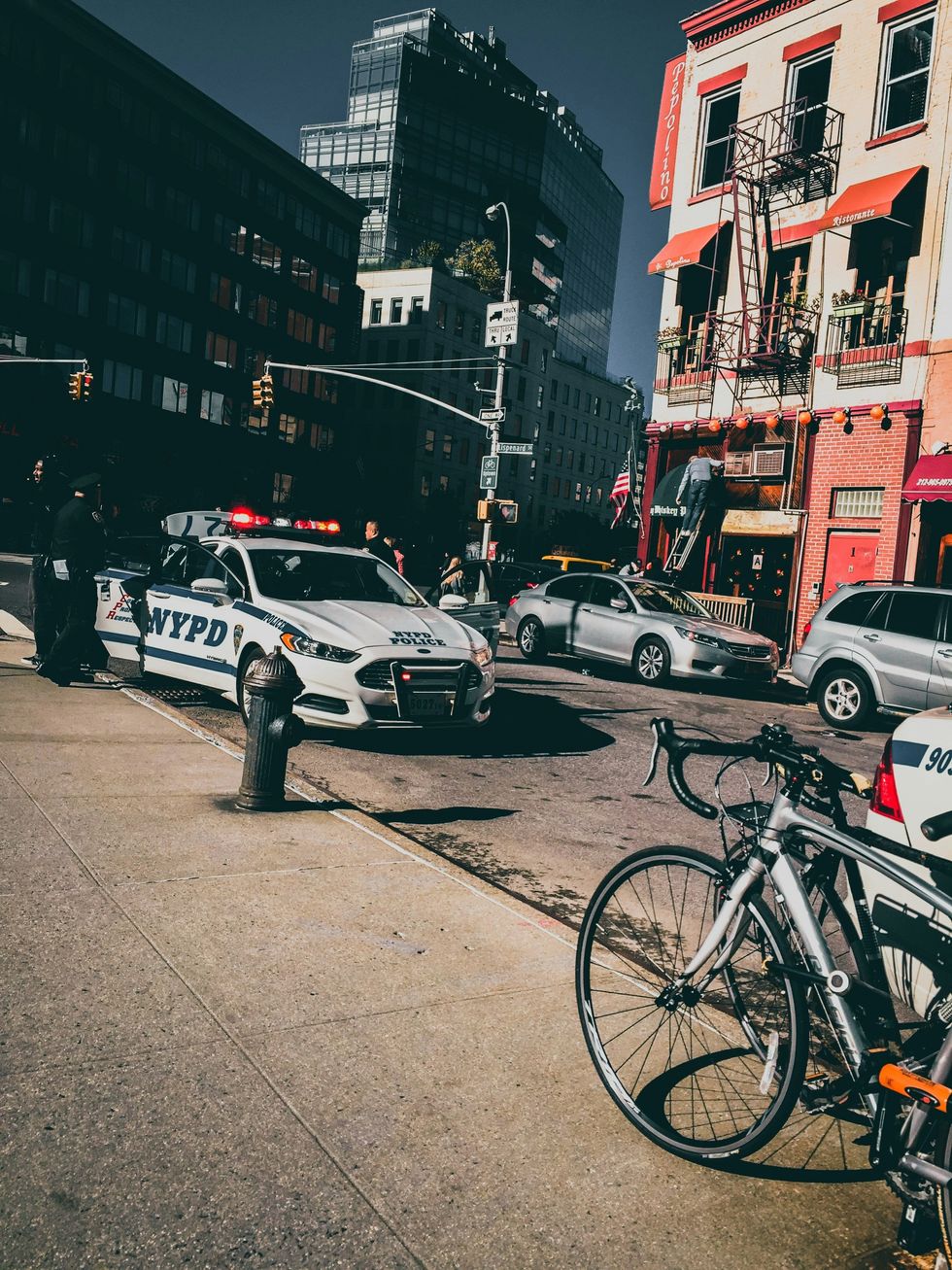
The “Smell as Probable Cause” Argument is Legal Nonsense
Hochul and her supporters claim this is about cracking down on illegal cannabis sales. But if that’s the case, here’s a wild idea: fix the legal market instead of criminalizing the people you swore to protect.
The reason many states have eliminated cannabis odor as probable cause is simple—it’s unreliable and too often weaponized against Black and brown communities. A 2022 study in Pennsylvania found that in over 400 roadside searches initiated due to “the smell of marijuana,” officers found no contraband in 66% of cases. In other words, police are “smelling” their way into unconstitutional searches at an alarming rate.
Even New York already acknowledged this issue when it legalized cannabis, explicitly stating that odor alone wouldn’t be justification for police to conduct stops or searches. But now, Hochul is trying to undo that progress under the guise of “law enforcement tools.”
Tools for what? Creating more unnecessary interactions between police and citizens? Fueling another round of racial profiling? Flooding the legal system with unnecessary cases?
Because history tells us that’s exactly what happens when you give police this kind of unchecked discretion.
The Real Cannabis Problem in New York? It’s Not the Smell.
If Hochul really wanted to address New York’s cannabis problem, she’d look at:
- Fixing the licensing disaster – Hundreds of entrepreneurs have been left in limbo due to a painfully slow and bureaucratic rollout. Meanwhile, illicit shops continue to thrive because… duh, consumers want access to weed and legal dispensaries don’t exist in most places yet, but more than 300 legal dispensaries are open as of Q1 2025.
- Ending the endless lawsuits – Constant legal battles over who gets to sell cannabis have stalled progress. Instead of clearing the path for dispensaries, the state’s made it harder for businesses to operate legally.
- Addressing law enforcement priorities that actually matter – You know what’s not making New York safer? Cops stopping people because they think they caught a whiff of weed. Meanwhile, the NYPD can’t seem to solve actual violent crimes.
But sure, let’s go after the smell.
This is a Political Move, Not a Policy Solution
Hochul isn’t doing this because it makes sense—she’s doing it because it plays well to the tough-on-crime crowd that politicians love pandering to.
New York’s cannabis rollout has been an embarrassing failure, and instead of owning up to it and fixing the root issues, Hochul is scapegoating weed smokers and giving police another excuse to harass citizens under a vague, subjective rule.
We’ve seen this before. And we know exactly who gets stopped when policies like this go into effect.
New York, You Deserve Better
Legalization was supposed to mean moving forward. Giving police the power to claim "I smell weed" as justification to search citizens is moving backward.
It’s lazy, it’s regressive, and it does nothing to fix the problems with New York’s cannabis industry.
If Hochul wants to clean up the state’s weed mess, she should start with her own administration’s failures—not the people trying to navigate a system she broke.
Until then, her entire proposal reeks of bad policy.
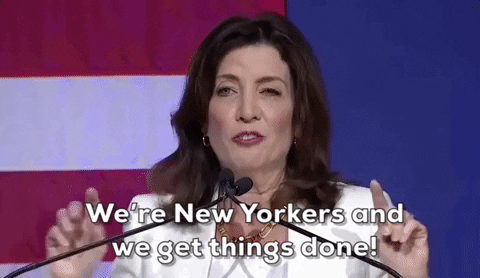


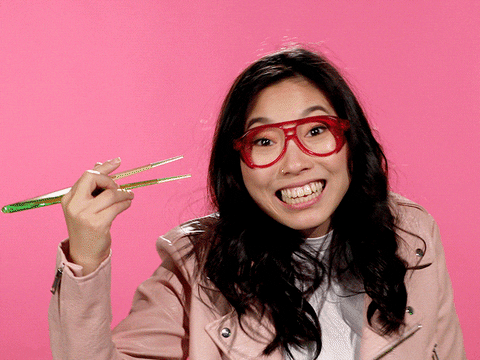
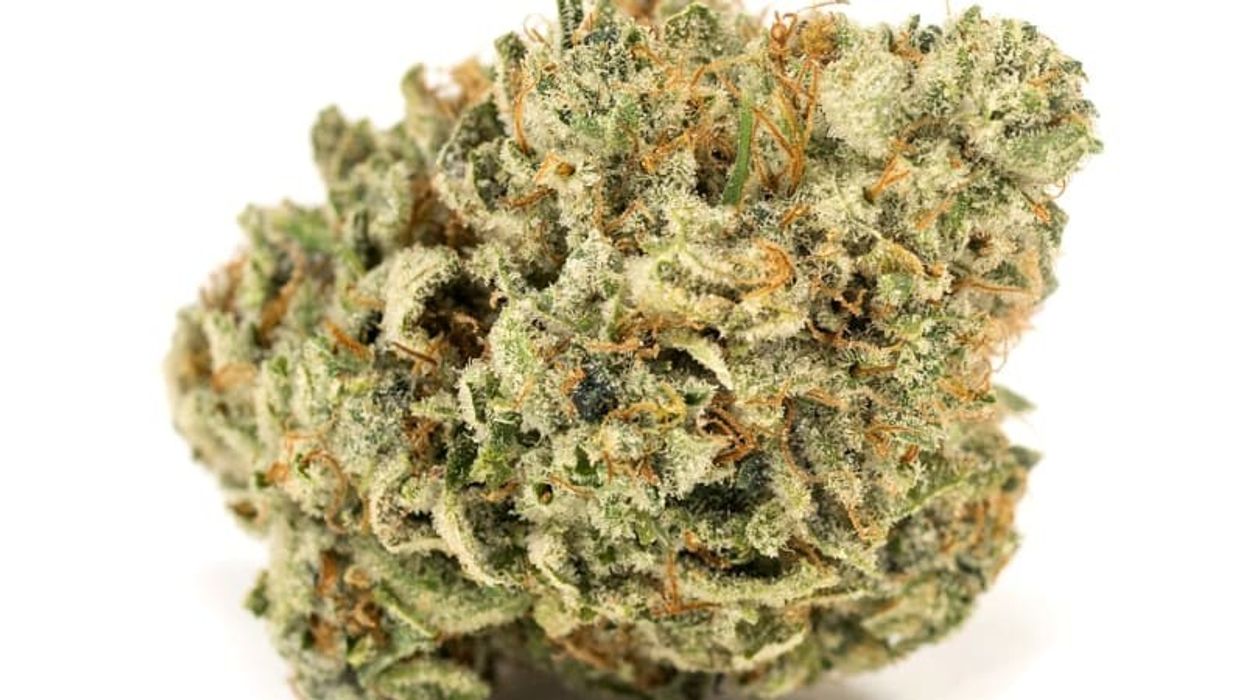
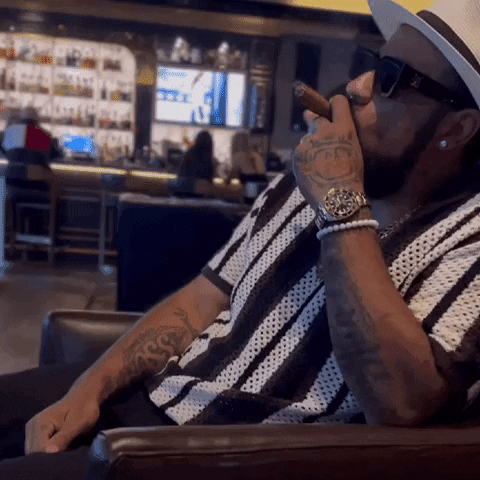
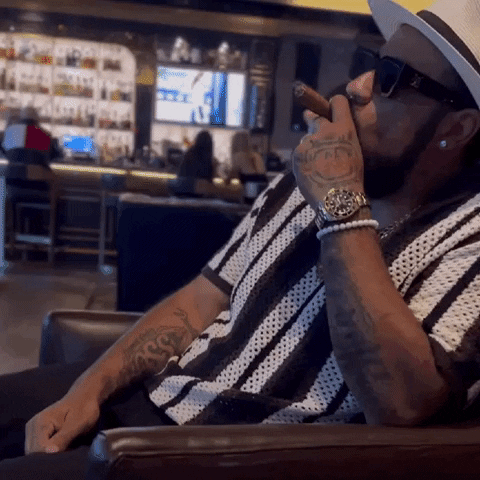 Cigar smoking in a bar....
Cigar smoking in a bar.... 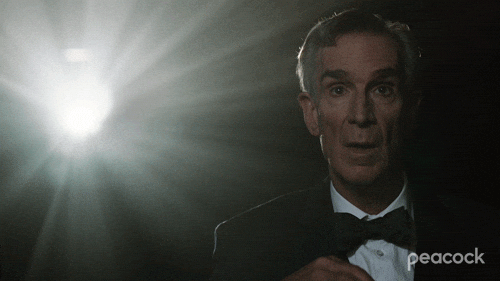 Movie theater as consumption space? Not a bad idea.....
Movie theater as consumption space? Not a bad idea..... 

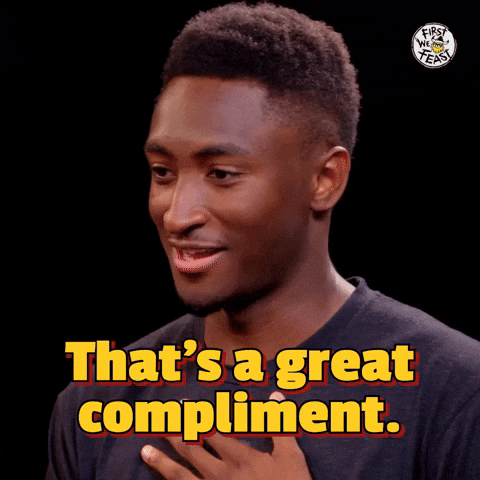


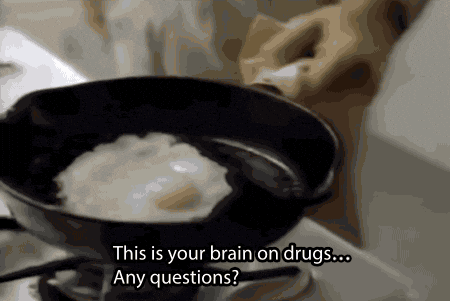

 FDA Approves Landmark Cannabis for PTSD in Veterans - The Bluntness
Photo by Wesley Tingey on Unsplash
FDA Approves Landmark Cannabis for PTSD in Veterans - The Bluntness
Photo by Wesley Tingey on Unsplash


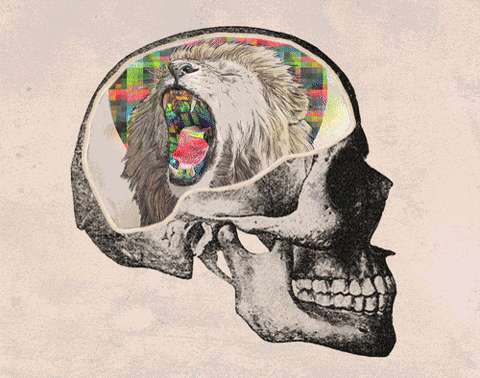
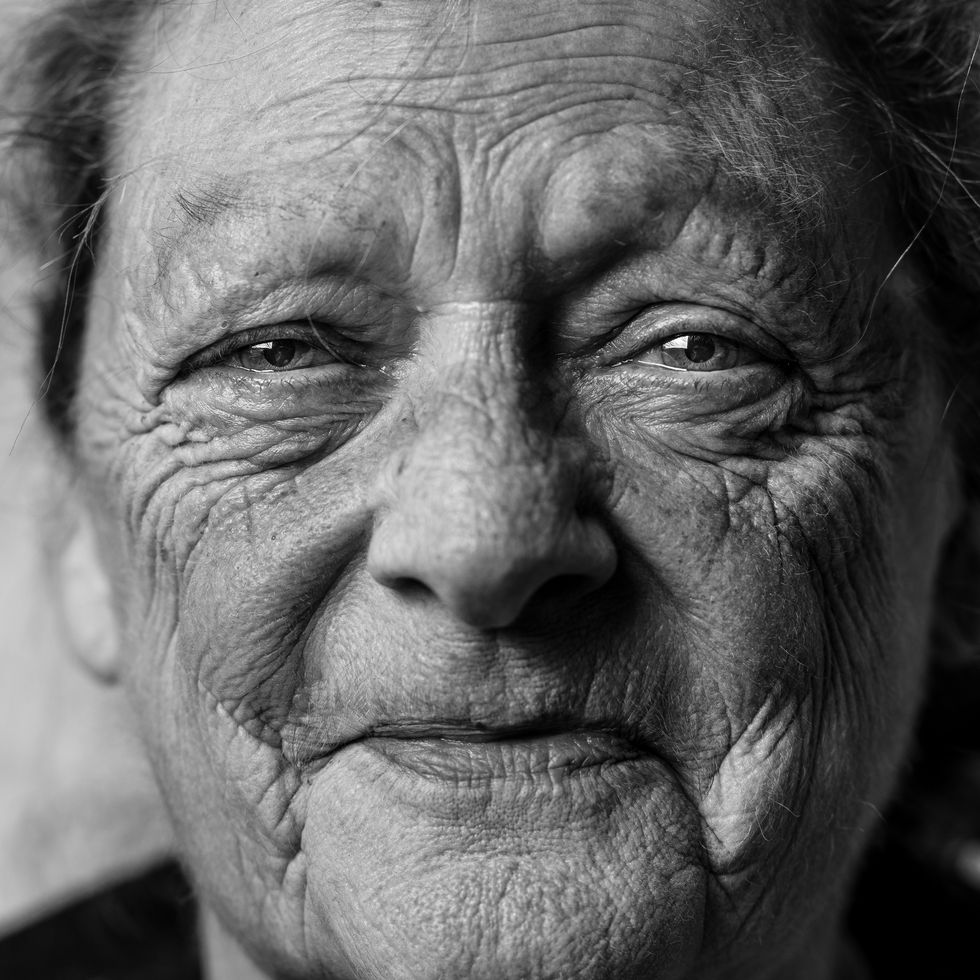 Cannabis and Aging: A Groundbreaking Study Challenges Long-Held Beliefs
Photo by
Cannabis and Aging: A Groundbreaking Study Challenges Long-Held Beliefs
Photo by 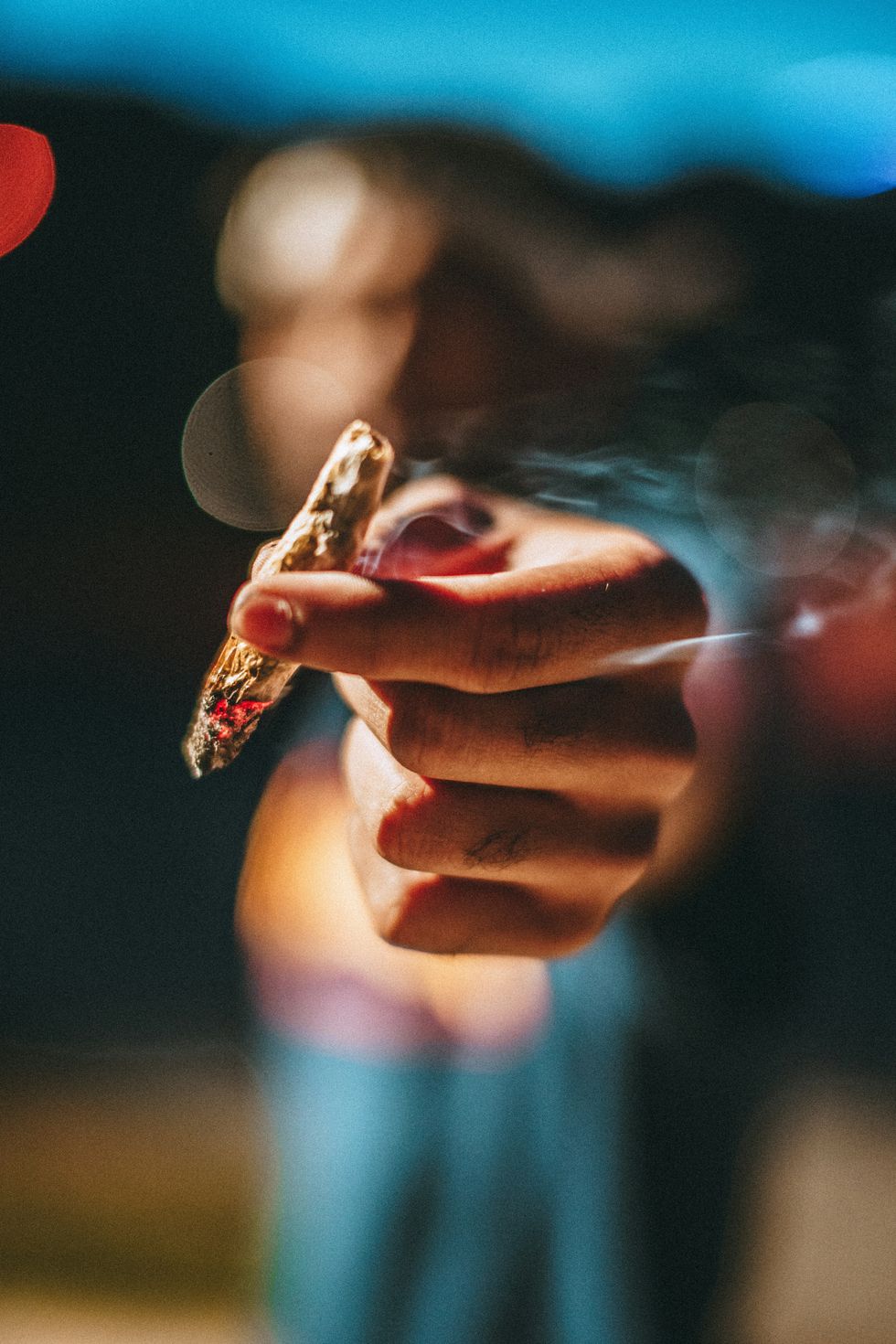 Cannabis and Aging: A Groundbreaking Study Challenges Long-Held Beliefs
Photo by
Cannabis and Aging: A Groundbreaking Study Challenges Long-Held Beliefs
Photo by